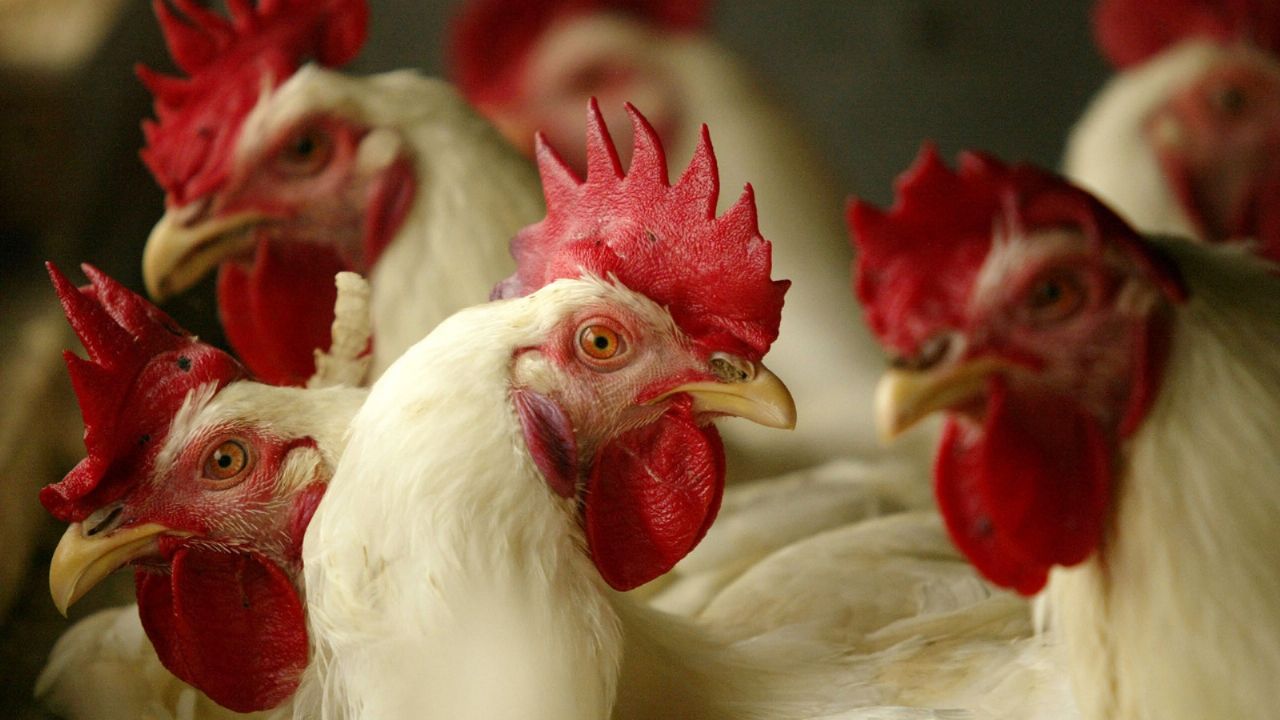SENASA (National Agri-Food Health and Quality Service) reported in the last few hours that, after analyzing new samples, a new case of bird flu in the province of Santa Fe.
With this, the cases of influenza in the country amount to 40. Detections of bird flu have been confirmed in the following provinces: 16 in Córdoba, 9 in Buenos Aires, 4 in Neuquén, 4 in Santa Fe, 2 in Río Negro, 1 in Chaco, 1 in Jujuy, 1 in Santiago del Estero, 1 in San Luis and 1 in Salta.
SENASA explained that of the more than 200 notifications analyzed by the agency’s Laboratory, to date, the confirmed cases of bird flu They occur in backyard birds (32), wild (4) and commercial sector (4).
Therefore, in order to prevent the disease from spreading to more regions of the country, raking work is carried out in the affected areas, in addition to informative and awareness activities among producers and citizens.

Likewise, the agency recalled that it is very important that cases that are considered suspicious are notified in a timely manner in any of its lines of attention. Additionally, people are advised not to come into contact with affected birds.
Notifications can be made through the “Senasa Notifications” application, through the email [email protected]; in the “Notify Senasa” option on the agency’s website or via WhatsApp, at 11-5700-5704 or 11-3585-9810.

The productive sector is also recommended to increase biosecurity measures to prevent the spread of the disease: for this, the birds must be kept locked up, avoid contact with wild birds, check the health status of the animals daily, among others.
What risk are people
The flu is a disease which commonly occurs in wild, poultry and backyard birds, such as ducks, geese, chickens, among others. However, it should be noted that the virus is not transmitted to humans through consumption of meat or eggs.

The risk of transmission to people is very low and only occurs through direct contact with birds sick or dead from the virus, without protection, through their secretions or excretions. In this way, although people may be susceptible to contagion, the risk is very low.
















